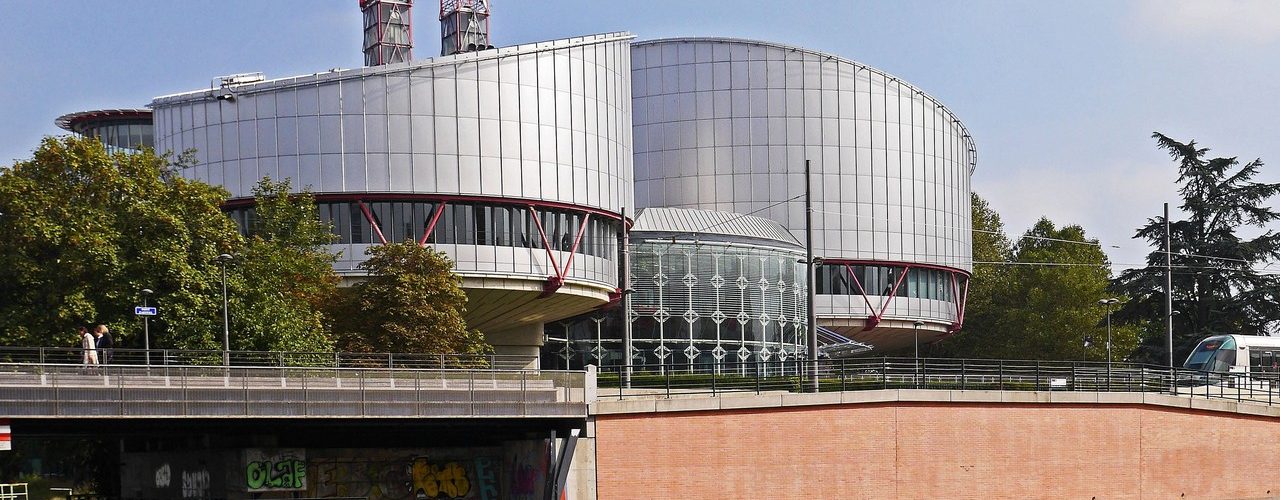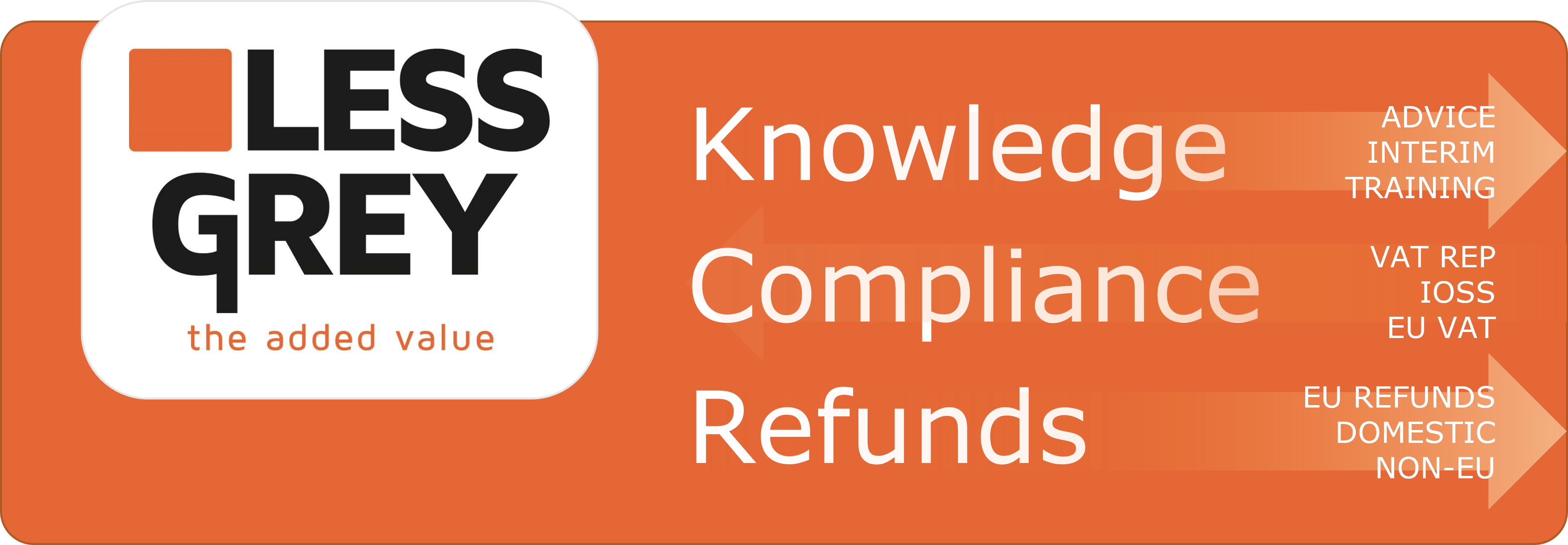On July 7, 2022, the ECJ issued the decision in the case C-194/21 (Staatssecretaris van Financien NL).
Context: Reference for a preliminary ruling – Value added tax (VAT) – Directive 2006/112/EC – Articles 184 and 185 – Adjustment of deductions – Taxable person not having exercised his right to deduct before the expiry of a limitation period – Impossibility of operating this deduction within the framework of the regularization
Article in the EU VAT Directive
Articles 184 and 185 of the EU VAT Directive 2006/112/EC
Article 184 (Deduction of VAT – Adjustments)
The initial deduction shall be adjusted where it is higher or lower than that to which the taxable person was entitled.
Article 185
1. Adjustment shall, in particular, be made where, after the VAT return is made, some change occurs in the factors used to determine the amount to be deducted, for example where purchases are cancelled or price reductions are obtained.
2. By way of derogation from paragraph 1, no adjustment shall be made in the case of transactions remaining totally or partially unpaid or in the case of destruction, loss or theft of property duly proved or confirmed, or in the case of goods reserved for the purpose of making gifts of small value or of giving samples, as referred to in Article 16. However, in the case of transactions remaining totally or partially unpaid or in the case of theft, Member States may require adjustment to be made.
Facts
- Interested party purchased ten parcels of undeveloped land from BV. The parcels were to be developed for recreational purposes and the developed parcels were subsequently to be sold. Interested party and BV had entered into an agreement; the BV would take care of all development activities and the net sales result would be divided equally between the parties. For the delivery of the plots, the BV charged VAT to the interested party. Interested party did not deduct this VAT.
- Due to economic circumstances, the intended development of the plots did not get off the ground. Subsequently, the interested party delivered two of the ten plots to the BV against payment. The interested party charged turnover tax on this fee to the BV. Interested party did not submit a tax return for this turnover tax. This VAT was subsequently levied from the interested party in an assessment dated 26-11-2015. Interested party objected to this and claimed that the additional assessment should be reduced by a proportional part of the amount of VAT pursuant to Section 15(4) of the VAT Act 1968.
- The Inspector rejected this objection because, according to him, the revision scheme is not intended for a case such as this, namely a case where goods were intended for taxed use at the time of acquisition and are not used otherwise than for taxed use at the time they are put into service.
- The Court of Appeal held that the text of Article 15(4) of the Act and Article 184 of VAT Directive 2006 contains no indication that the effect of the revision scheme would be limited to the case where, when goods are put into use, their actual use differs from the use intended at the time of their acquisition (the purpose). The State Secretary has appealed against this in cassation.
Consideration:
The Court did not explicitly exclude from the revision rule the case where the taxpayer, at the time of acquiring a good or acquiring a service, failed to exercise a right to deduct input tax due to him at that time. It seems disproportionate, in those cases where the right to the initial deduction was inadvertently not effected and no fraud or abuse of right is involved nor adverse consequences for the treasury have been identified, not to allow that taxpayer to still deduct when the goods or services are put to use. It is not beyond reasonable doubt how Articles 184 and 185 of the VAT Directive 2006 should be interpreted. Therefore, the Supreme Court will refer the questions formulated below to the Court.
Newsletters
Questions
1. Are Articles 184 and 185 of the VAT Directive 2006 to be interpreted as meaning that a taxable person who, at the time of acquiring goods or services, has failed to take advantage of a deduction of input tax (“the initial deduction”) in accordance with the intended use for taxable purposes within the applicable national time limit, is entitled to take advantage of that deduction in the context of a review – on the occasion of the subsequent first use of those goods or services – if the actual use at that time of the review is no different from the intended use?
2. Is it of significance in answering question 1 that the failure to effectuate the initial deduction is not related to fraud or abuse of rights and no adverse consequences for the Treasury have been established?
AG Opinion
None
Decision (Unofficial translation)
Articles 184 and 185 of Council Directive 2006/112/EC of 28 November 2006 on the common system of value added tax, as amended by Council Directive 2010/45/EU of 13 July 2010 ,
should be interpreted as:
they do not preclude a taxable person, who has failed to exercise, before expiry of the time-limit laid down by national law, the right to deduct value added tax (VAT) in respect of the acquisition of goods or services, is denied the possibility of subsequently making such a deduction, on the occasion of the first use of the goods or services for the purposes of taxed transactions, by way of an adjustment, even though no abuse of rights, no fraud or no loss of tax revenue has been established.
Source
Similar ECJ cases
- C-37/95 (Ghent Coal Terminal) – Right to deduct VAT in case good are not used beyond the control of the taxpayer
- C-532/16 (SEB bankas) – Judgment – Incorrect classification of land supply as “taxed activity” – Change of original invoice by supplier
- C-8/17 (Biosafe) – Judgment – Right to deduct VAT on basis of additional debit notes
- C-81/17 (Zabrus) – Judgment – Deduction of input tax on transactions that have been audited
- C-249/17 (Ryanair Ltd) – Judgment – Input VAT recovery on costs relating to acquisition of shares
- C‑201/18 (Mydibel SA vs Belgium) – Judgment – Input VAT, immovable property, sale and lease back
- C-661/18 (CTT – Correios de Portugal) – Judgment – Adjustment of pro rata calculation
- C-42/19 (Sonaecom) – Judgment – Input VAT on preparatory activities for acquisition of shares and restructuring that did not happen
- C-405/19 (Vos Aannemingen Bvba) – Judgment – VAT exemption immovable property; Input VAT deduction
Newsletters
Join the Linkedin Group on ECJ VAT Cases, click HERE















